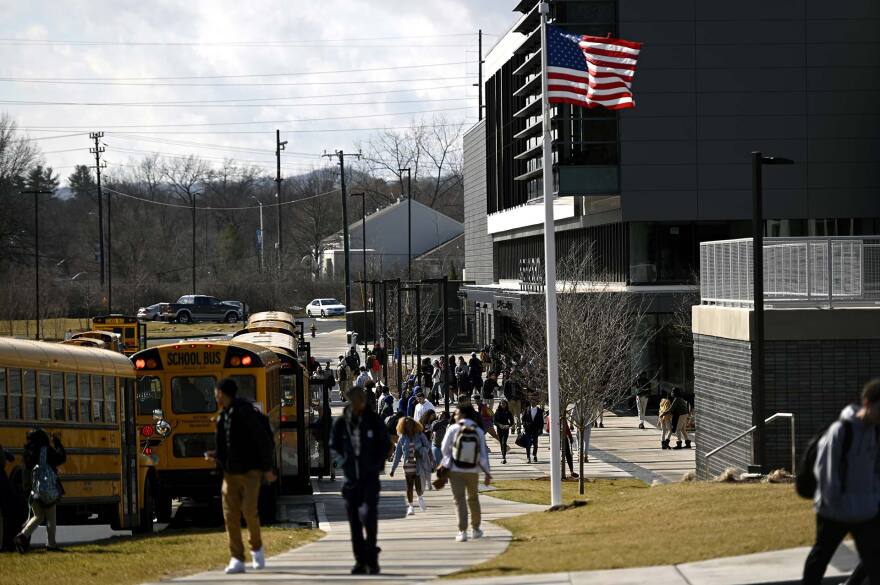Over 250 people signed up to speak Friday during a virtual public hearing held by the Public Health and Children’s committees. The spotlight was on two bills that seek to expand children’s behavioral health services and workers support, as demand swells over the course of the pandemic.
One of those speakers was Antonia Edwards, co-founder of SoliDarity, a grassroots organization that advocates for the rights of Black Americans. She lost a young grandchild because of inadequate mental health services and said racial bias plays a huge role in people of color being denied services, so the need for culturally aware workers is vital.
“The priority is expert doctors who are culturally competent, who aren’t racially biased, who understand people in the underserved communities,” she said. “We have a chronic underserved community situation here and in the Black community, I can personally speak of, we have taboo, we don’t talk about mental illness. And we’re definitely not going to talk about if you’re gonna constantly be calling DCF on us.”
Going into year three of the COVID pandemic, legislators have called the mental health crisis among children one of the most critical priorities for this legislative session. Lawmakers hope to increase funding to improve access to mental health services, including telehealth, and to enhance workforce development. They also aim to recruit and retain more child psychiatrists to provide early prevention support.
Coming from a teenager’s viewpoint that doesn’t involve statistics, first-year Yale University student Jose Sarmiento said he initially experienced trauma was when a high school friend died by suicide at 14 years old.
“I felt like I had no one to turn to. Sure, we had some mental health resources but they never felt truly enough to attack the underlying issue,” he said. “After years of seeing more friends suffer from depression and anxiety, I’ve come to realize that there are many preventative measures that can be taken. And I can confidently say that the measures taken in these bills are many that can help.”
Sarah Eagan, the state’s child advocate, said the suicide rate of young children is rising, a trend that started before the pandemic.
“The main theme of my testimony is the need for transformational change out of this crisis. For our children must come transformational investment and sustainability and oversight of our children’s behavioral health system,” she said.
Democratic State Sen. Saud Anwar said it was important to point out that the bills seek to improve on existing programs, rather than starting from scratch.
“We’re enhancing the programs because the needs have increased,” he said. “We’re not creating new machinery. We’re strengthening machinery that’s been there, except these machineries have areas that haven’t seen much investment in it, and those parts have to be improved.”
As a part of those improvements, lawmakers hope to invest in more social workers and help retain mental health professionals by increasing the loan forgiveness program to all physicians. They also hope to increase mental health facility beds in the next four years.
The proposed bills will go before the state House of Representatives and Senate for consideration.
If you or someone you know is struggling with thoughts of suicide, the National Suicide Prevention Lifeline (Lifeline) is available at 1-800-273-TALK (8255), or via text at the Crisis Text Line (text HELLO to 741741).


